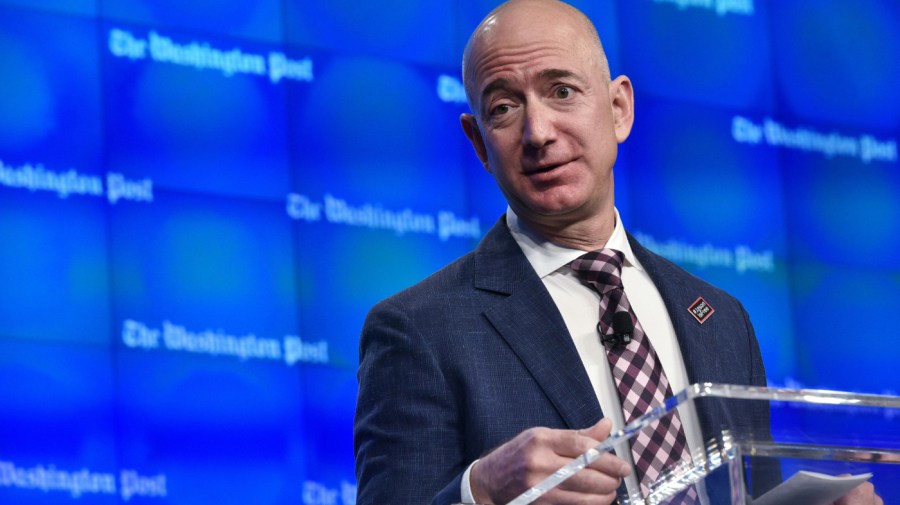Ann Telnaes is my new hero.
Telnaes, if you weren’t sure, is the former Washington Post political cartoonist who resigned in protest when the Post spiked one of her cartoons — a piece depicting the publication’s owner Jeff Bezos as a Trump supplicant among other billionaires such as Meta CEO Mark Zuckerberg and Los Angeles Times owner Patrick Soon-Shiong, all offering the future president bags of money.
That cartoon was in the great tradition of political cartoonists as the public conscience of America. It’s a tradition that stretches back to Thomas Nast’s 19th-century criticisms of the KKK, and the Post’s own Herbert Block (“Herblock”), a longtime champion of civil rights in the 20th century.
This tradition has been woven into the fabric of our culture for so long that I wish I could say the censorship of Telnaes was a shock. But it really wasn’t, because it came as part of a wave of self-censorship by powerful people and corporations in the media business, as Trump prepares to take office.
There was the Post’s cowardly decision to cancel an editorial endorsement of Vice President Kamala Harris in the presidential election. The Los Angeles Times did the same. Then ABC News decided to pay $15 million to settle a defamation suit brought by Trump. Most recently, Zuckerberg announced that he is halting professional fact-checking on Facebook and Instagram, a move obviously designed to cater to Trump.
These are stark examples of what’s known as anticipatory obedience. It’s a phenomenon that happens when people try to avoid future oppression and punishment by changing their behavior in advance, including censoring themselves before they’re ordered to.
And authoritarians love it. It makes their jobs so much easier.
So when people ask what the resistance to Trump will look like this time, I hope a salient feature will be individual refusals to self-censor because of a fear of the consequences. I hope we will see more high-profile examples of bravery like Telnaes’s.
I also hope there will be many, many unpublicized acts like this among all of us, every day.
This second Trump administration is going to tax much more than our patience. It’s going to tax our commitment to what is right. It’s going to test our determination to stand up for civil and human rights.
It’s going to make it very tempting to keep your head down for four years, waiting to exhale. To give in to “resistance fatigue.” That’s why, more than ever, each of us as individuals must be brave enough to follow our consciences in big and small ways from the community up to the national level.
That’s not to diminish the importance of collective action, which is a foundation of progressive activism. Let’s be honest with ourselves — our coalitions won’t be able to defeat every bad bill or wildly unsuitable nominee. But when it comes to battling bad legislation, bad nominations and bad policy, we need our collective power to have any hope of halting the most egregious bad actions and sowing seeds for a more promising future.
And it starts with each of us refusing to censor ourselves because if we censor ourselves we never get our power back.
We lose our freedom of speech, which is arguably the greatest freedom we have. Without it, we have no power to defend any other freedom, whether it’s freedom of religion, freedom to vote, freedom to control our own bodies or to love and live as we choose.
So for her courage in outing the powers that tried to censor her, I nominate Ann Telnaes as one of the first heroes in our new era of resistance to autocracy.
And I believe every person of good conscience has the potential to be the next.
Svante Myrick is the president of People For the American Way.

